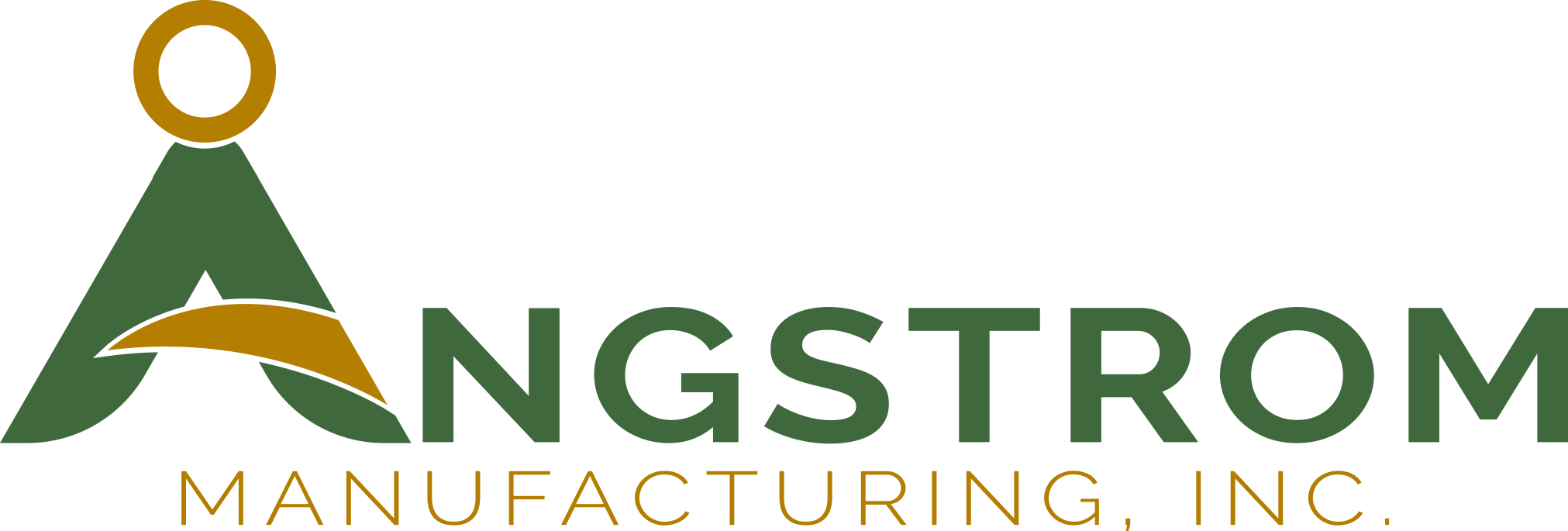SOURCE: FDA
For Immediate Release: October 4th, 2021
Today, the U.S. Food and Drug Administration issued two final rules for the premarket review of new tobacco products. These foundational rules provide additional information on the requirements for the content, format and review of Premarket Tobacco Product Applications (PMTAs) and Substantial Equivalence (SE) Reports – two of the most commonly used pathways through which a manufacturer can seek marketing authorization for a new tobacco product from the FDA. The finalization of these rules helps ensure that all future submissions contain the basic information needed to determine whether the new tobacco products meet the relevant premarket requirements to efficiently and effectively implement the Family Smoking Prevention and Tobacco Control Act.
“These final rules are important components of the FDA’s comprehensive approach to tobacco product regulation, which includes premarket application review, science-based use of the product standard authority and prioritized compliance and enforcement actions,” said Acting FDA Commissioner Janet Woodcock, M.D. “The FDA is committed to protecting Americans from tobacco-related disease and death by ensuring that new tobacco products undergo appropriate regulatory review to determine if they meet the public health standards set by law. If new tobacco products do not meet the standards for these pathways, they cannot be marketed or sold in the United States.”
“Conducting review of new tobacco products before they can be legally marketed is a critical responsibility of the FDA,” said Mitch Zeller, J.D., director of the FDA’s Center for Tobacco Products. “These final rules will provide greater clarity and efficiency in review of new tobacco products by describing information that any company must provide if they seek to market a new tobacco product in this country.”
On Jan. 19, 2021, the PMTA and SE final rules were displayed in the Federal Register, but did not publish. On Jan. 20, 2021, a memo from the White House Chief of Staff ordered the withdrawal of any rules that did not publish in the Federal Register by noon on that day. Therefore, these final rules were withdrawn at that time. The rules displaying today reflect clarifying changes made from the previous versions, but no significant substantive changes. Both final rules will publish on Oct. 5 and are effective Nov. 4. Beginning on the effective date, applications submitted through these pathways must meet the requirements described in these final rules.
PMTA Final Rule
A PMTA is a type of application for any new tobacco product seeking an FDA marketing order. To date, all premarket applications for electronic nicotine delivery systems (ENDS) products that have been accepted for review have been submitted via the PMTA pathway. However, the FDA has also received submissions and issued authorizations for other types of tobacco products through the PMTA pathway.
Under the PMTA pathway, manufacturers or importers must demonstrate to the agency, among other things, that permitting the marketing of the new tobacco product(s) would be “appropriate for the protection of the public health.” That statutory standard requires the FDA to consider the risks and benefits to the population as a whole, including users and non-users of tobacco products. The agency’s evaluation includes such things as reviewing a tobacco product’s components, ingredients, additives, constituents, toxicological profile and health impact, as well as how the product is manufactured, packaged and labeled, findings from consumer perception research (if conducted) and the applicant’s description of marketing plans for the product.
The PMTA final rule helps ensure these applications contain sufficient information for the FDA’s evaluation, including details on the physical aspects of a tobacco product and information on the product’s potential public health risks. The final rule describes the information an applicant must include in a PMTA for the FDA to complete a substantive review of an application.
In addition to describing content and format requirements, the final rule formalizes the general procedures the FDA follows when evaluating PMTAs, including application acceptance, application filing and inspections. It also outlines, among other things, requirements for submitting application amendments, the time for review, withdrawal of applications, postmarket reporting requirements for applicants that receive marketing granted orders, the FDA’s communications with an applicant and the FDA’s disclosure procedures and electronic submission requirements.
The final rule also explains how applicants may submit a supplemental PMTA or a resubmission, which would improve efficiency in certain situations by not requiring applicants to resubmit duplicative information. For example, a supplemental PMTA could be submitted when an applicant is seeking authorization for a modified version of a tobacco product for which they have already received a PMTA marketing granted order.
The FDA has finalized this rule after receiving and reviewing comments during the public comment period for the proposed rule, issued on Sept. 20, 2019. The final rule is based on the agency’s experience reviewing a variety of PMTA applications that have ranged widely in the level of detail they contain.
SE Final Rule
The FDA expects the SE pathway to market to continue being the most commonly utilized pathway for applications for cigarettes, smokeless tobacco, cigars, hookah tobacco and roll-your-own tobacco.
In order for a new tobacco product to be found substantially equivalent, the FDA must determine either that it has the same characteristics as a predicate tobacco product, or that it has different characteristics than the predicate tobacco product but any differences in characteristics do not cause the new tobacco product to raise different questions of public health.
As explained in the SE final rule, the SE Reports that the FDA has received range widely in the level of detail they include. Some of these reports include very little information on the comparison of the new tobacco product with a predicate tobacco product while other reports include much more.
The SE final rule provides additional information on the requirements for the content and format of SE reports, allowing for greater predictability and efficiency for all stakeholders by providing applicants with a better understanding of the level of detail that an SE report must contain for the FDA to evaluate the comparison of the new tobacco product to a predicate tobacco product. It also addresses the FDA’s communications with the applicant, the retention of records that support the SE report, confidentiality of an SE report, how an applicant can amend or withdraw an SE report, how an applicant may transfer ownership of an SE report to a new applicant and electronic submission of the SE report and amendments.
Additional Updates
In addition to these foundational rules, the FDA is continuing to work toward issuing proposed product standards to ban menthol as a characterizing flavor in cigarettes and ban all non-tobacco characterizing flavors (including menthol) in cigars. These proposed product standards will be based on clear science and evidence establishing the addictiveness and increased appeal of these products. There is also strong evidence that a ban on menthol in cigarettes will help people quit. These actions are an important opportunity to achieve significant, meaningful public health gains and advance health equity. The FDA is working expeditiously on these two issues.
The FDA continues to conduct premarket review of thousands of applications, which represent more than 6.5 million products, including those submitted on or before the September 9, 2020 deadline. To date, the FDA has taken action on over 96% of the applications submitted by that deadline, including issuing marketing denial orders for more than one million flavored ENDS products. The FDA will continue working to review all pending and incoming applications and remains committed to providing continued regular updates to the public about our premarket review as well as compliance and enforcement actions related to deemed tobacco products.
Related Information
- Premarket Tobacco Product Applications and Recordkeeping Requirements
- Content and Format of Substantial Equivalence Reports; Food and Drug Administration Actions on Substantial Equivalence Reports
###
The FDA, an agency within the U.S. Department of Health and Human Services, protects the public health by assuring the safety, effectiveness, and security of human and veterinary drugs, vaccines and other biological products for human use, and medical devices. The agency also is responsible for the safety and security of our nation’s food supply, cosmetics, dietary supplements, products that give off electronic radiation, and for regulating tobacco products.



Leave A Comment